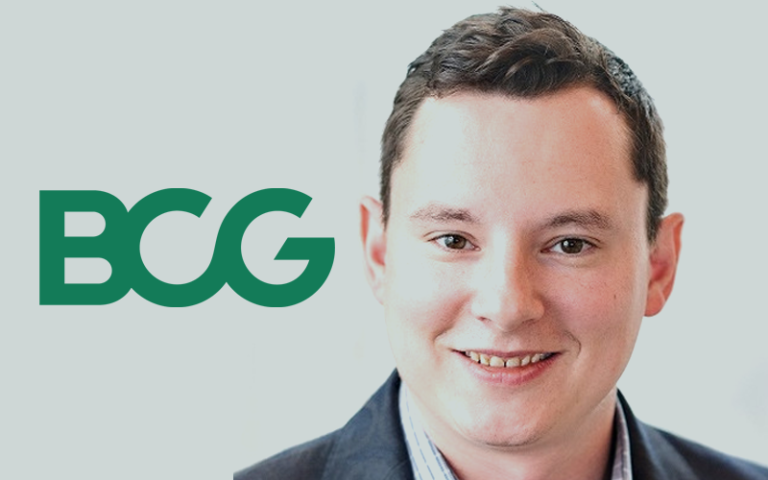Join the Center for the Business of Health on Friday, November 8 for a conference exploring how to strategically prepare the healthcare workforce of the future.

In this edition of the Dean Speaker Series, join us for an engaging lunchtime keynote with Dean Mary Margaret Frank and Nate Holobinko on Friday, November 8, as a part of the 2024 UNC Business of Healthcare Conference.
We study the problem of dynamically assigning jobs to workers with two key aspects: (i) workers gain or lose familiarity with jobs over time based on whether they are assigned or unassigned to the jobs, and (ii) the availability of workers and jobs is stochastic. This problem is motivated by applications in operating room management, where a fundamental challenge is maintaining familiarity across the workforce over time by accounting for heterogeneous worker learning rates and stochastic availability.
This paper uses two large panel data sets in China to study the effects of a health shock on household income mobility from 1991 to 2016. We compare outcomes of households with a member who receives a health shock with comparable households that do not receive any health shocks.
Healthcare services provided to patients with similar health conditions are known to vary. Standardization of healthcare delivery is a relatively new, yet hotly debated approach to address clinical variations. Previous research on process standardization in health services has focused on measuring adherence to established protocols that are available only for a limited set of disease states. We create an alternate construct that quantifies process standardization measured in terms of consistency of services rendered, and apply it to the healthcare setting using detailed nonpublic inpatient discharge data from about 35 million inpatient stays at 296 acute care hospitals in California between 2008-2016.

Watch Our Childcare Expert on PBS NC
UNC-Chapel Hill professor and Kenan Institute expert Iheoma U. Iruka took part in a roundtable discussion on the "childcare cliff" on PBS NC’s “State Lines” July 5. The episode is available online.

AI Integration and Its Impact on Clinical Labor
The EHR revolution has significantly transformed healthcare work and the flow of information, but it hasn't come without costs, measured in increased administrative burden and the accompanying stress for healthcare professionals. Can generative AI help?
Supreme Court decisions on reproductive rights and affirmative action inadvertently afford the nursing profession a propitious opportunity to capitalize on the nation’s rich mosaic of iceberg demographic identities—inherited and acquired traits that may not be visibly apparent—to address pressing worker shortages and other workplace conundrums.
Taming the rising costs of prescription drugs has been a focus of U.S. healthcare reform for the past decade. High drug prices limit patient access while also contributing to higher overall healthcare costs. Recently, issues of how drug list prices are set, who reaps the benefits, and how those costs are passed on to patients have come under increased scrutiny.

Is AI the Answer to Lowering Healthcare Costs?
As healthcare costs continue to rise, many Americans are looking to artificial intelligence to provide cost-reducing solutions. At the 13th annual UNC Business of Healthcare Conference, a panel of experts separated the AI hype from reality in a discussion of the limitations, risks and ethical questions surrounding AI solutions in healthcare.
Join the Center for the Business of Health for sessions including the rising price of drugs, the influence of consolidation on healthcare prices and costs, and the AI boom and reducing healthcare prices. Meals are included for in-person attendees.






Business Resilience and Risk Management: The Change Healthcare Cyberattack
A February cyberattack targeting Change Healthcare resulted in the most extensive healthcare data breach to date, raising questions about industrywide risk management and regulation.